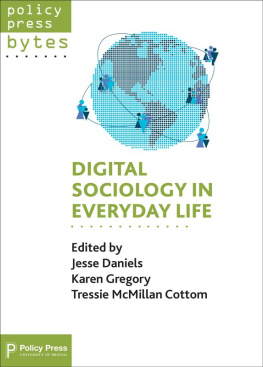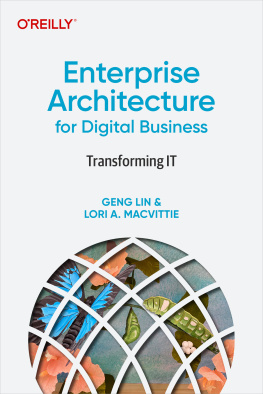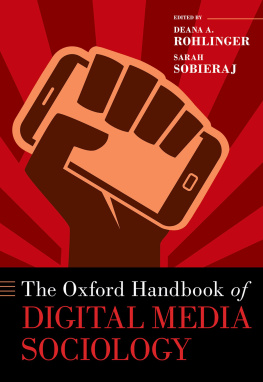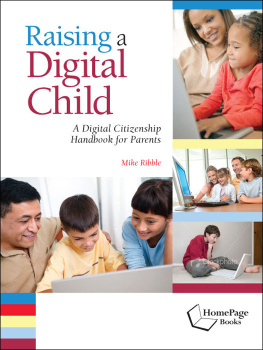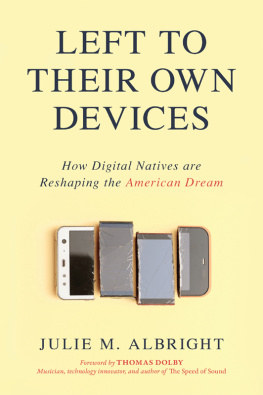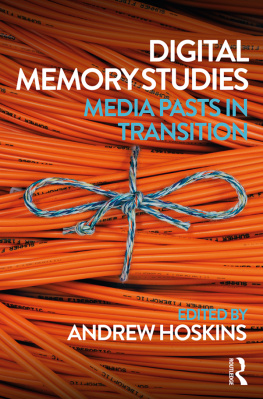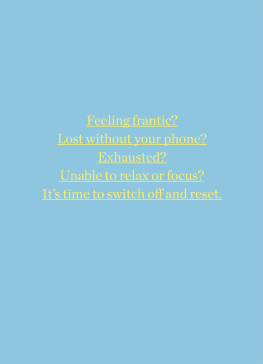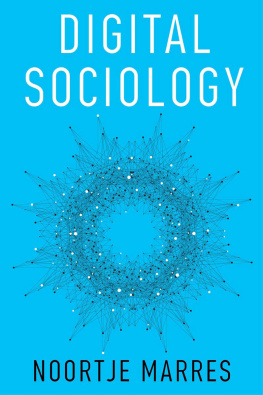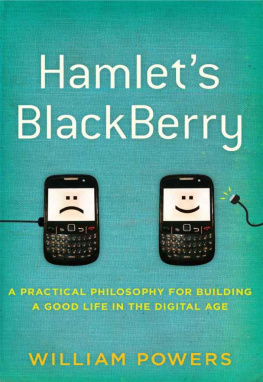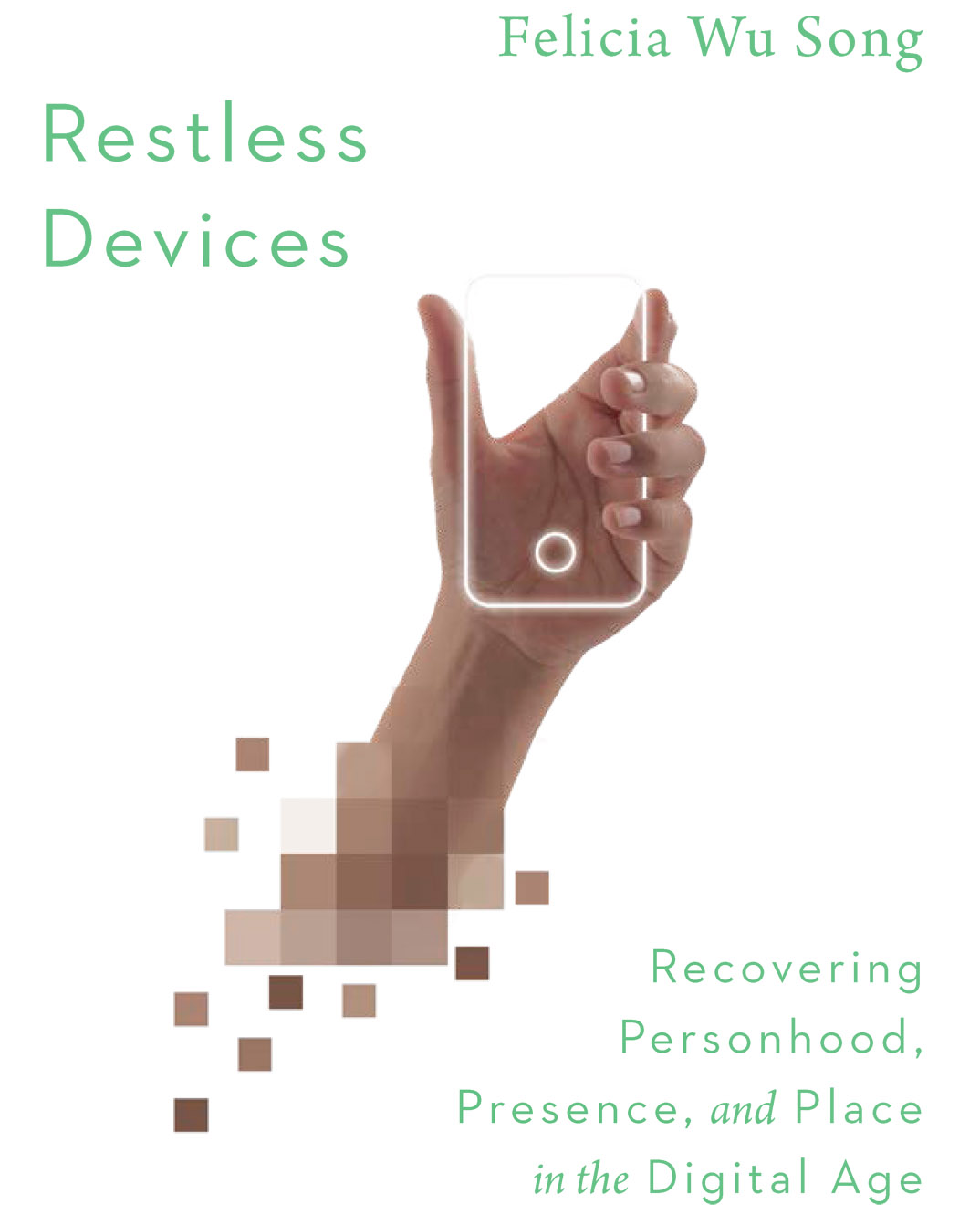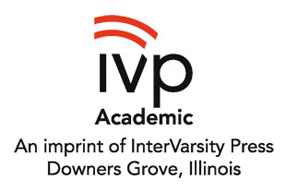Sommaire
Pagination de l'dition papier
Guide
InterVarsity Press
P.O. Box 1400, Downers Grove, IL 60515-1426
ivpress.com
2021 by Felicia W. Song
All rights reserved. No part of this book may be reproduced in any form without written permission from InterVarsity Press.
InterVarsity Press is the book-publishing division of InterVarsity Christian Fellowship/USA, a movement of students and faculty active on campus at hundreds of universities, colleges, and schools of nursing in the United States of America, and a member movement of the International Fellowship of Evangelical Students. For information about local and regional activities, visit intervarsity.org.
Scripture quotations, unless otherwise noted, are from the New Revised Standard Version Bible, copyright 1989 National Council of the Churches of Christ in the United States of America. Used by permission. All rights reserved worldwide.
While any stories in this book are true, some names and identifying information may have been changed to protect the privacy
of individuals.
The publisher cannot verify the accuracy or functionality of website URLs used in this book beyond the date of publication.
Cover design and image composite: David Fassett
Image: hand: Issarawat Tattong / Moment / Getty Images
ISBN 978-0-8308-5114-0 (digital)
ISBN 978-0-8308-5113-3 (print)
This digital document has been produced by Nord Compo.
FOR TODAYS PARENTS
AND THE DIGITALLY EXHAUSTED
The patterns of our lives reveal us.
Our habits measure us.
Our battles with our habits speak of
dreams yet to become real.
MARY OLIVER, LONG LIFE
Acknowledgments
WITH ALL MANNER of ideas and thoughts on digital technology growing like wildflowers in me for years, I am indebted to the Louisville Institute and Westmont College for providing grant support and a sabbatical leave in 20172018 that allowed me to cultivate some blossoms in the proper garden of a book project.
This book would not exist without James Hunter, Elaine Ecklund, and Kelly Rutherfords early cheerleading and belief that I had something worthwhile to say. I am profoundly grateful to my editor Jon Boyd, whose confidence in my writing and enthusiasm for this hybrid project let me spread my wings in full for the first time. Sincere thanks to Rebecca Carhart and the rest of the IVP Academic team for investing in this book and seeing it through production.
I owe a great deal to Drew Trotter, Richard Horner, and Karl Johnson for inviting me to speak to the Consortium of Christian Study Centers, thereby creating opportunities to share key ideas from this book at the University of Iowa, University of Minnesota, Duke University, University of North Carolina, and University of Virginia. I am also grateful for the invitations to engage communities at the Trinity School of Durham-Chapel Hill, St. Andrews Church, Free Methodist Church of Santa Barbara, the Lou Grant Parent-Child Workshop, Trinity Presbyterian Church of Charlottesville, Apologetics Canada, InterVarsity West Coast Faculty Conference, Center for Pastor Theologians, and Stanford Graduate InterVarsity Fellowship. Each occasion deepened my sense of what was at stake in writing this book. I am also grateful for the gift of stimulating conversations on technology and faith with Clay Cooke, Philip Lorish, Derek Schuurman, Edward Dixon, Jed Atkins, John Nicholson, Noah Toly, Andy Crouch, and Krista Boan.
To Jennifer West and Edward Song who lovingly to read the early chapters, thank you for each being a steady hand through this journey. I have been blessed by able undergraduate research assistants, Hailey Harper and Alesha Bond, and am indebted to Charis Guerzo who completed and cleaned up countless footnotes for the final manuscript. Special thanks to the Internet and Society students from spring 2019 who piloted The Freedom Project.
I am ever grateful for Meredith Whitnah, Nathan and Erica Huff, Amanda Sparkman, and Kya Mangrum whose kindness and camaraderie in the creative process have been a Godsend. And thank you, Sarah Baird, for a generous week of solitude and writing on Bainbridge Island.
Humble and heartfelt thanks to my patient children. And my parents, who faithfully prayed me through each deadline. Words fail to sufficiently hold all my love and gratitude to my husband Edward who took the kids camping and skiing when I needed to write, kept our household running through all my travel and spells of preoccupation, cooked countless meals that were unnecessarily delicious, and lovingly urged me forward each time I grew fainthearted.
Lastly, to the baristas at French Press/Dune, Santa Barbara Public Market, and Renauds: thank you for playing just the right music and fostering spaces of writing and imagination that grew sacred to me.
Introduction
Confessions
IN THE INTEREST of full disclosure, I should let you know: I am a late adopter. Even though Ive been studying media and digital technology in contemporary life since the year that email became mainstream, Ive always been slow about climbing on the digital bandwagon. It took me three years after the first iPhone was introduced to finally retire my Nokia candy-bar phone and take the plunge into the realm of smartphones in 2010. After a quiet but prolonged conscientious objection to giving over my life data to Mark Zuckerberg, I finally conceded to joining Facebook on New Years Day 2013. Today, I still love my carefully curated stations on that has-been streaming app Pandora, and I go through erratic surges of maintaining a modestly read blog on WordPress. Despite my snail-like instincts about acquiring digital services and devices, my household regularly enjoys the usage of three laptops, one desktop computer, two tablets, Disney+, Amazon Prime, Netflix, Apple TV, three bluetooth speakers, three smartphones, and an original iPod Touch that keeps on truckin.
Through these years, I have been genuinely grateful for how digital technologies have helped me to fashion a life experience that is more convenient, efficient, and even pleasurable. I remember feeling free and nimble the first time I got an iPhone and enjoyed the novelty of being able to read emails untethered to my office or laptop. I recall the pure delight of being welcomed onto Facebook by old college friends who were eager to share life again. Several times over, I have been a recipient of grace when I handed over my smartphone to my (then) little ones and bought some time and peace during a wait that had gone too long at a restaurant or doctors office. Today, I am ever thankful that I can receive a reassuring text message from my husband or child reporting safe arrival at the anticipated destination. And every morning our familys digital calendar briefs me on the complex jujitsu of carpool, classes, and meetings I am to carry out that day.
With my daily life so indelibly marked by the presence of the digital, I have increasingly felt that when Apples fan base hailed the first iPhone as the Jesus phone, this moniker was more telling than they could ever imagine. As a person of faith who has been steeped in the understanding that Jesus Christ transforms anyone who opens themselves to his presence, I can personally testify to the curious ways that the Jesus phone has transformed me since I accepted it into my life. My relationships, my work patterns, my routines of how I spend my time and how I engage my spaces, even the patterns of thinking and my hearts preoccupationsall of these have been quietly shifting and changing. Indeed, when I stop to recall what life had been like before it became enveloped by digital ubiquity, I need to work at remembering: What



